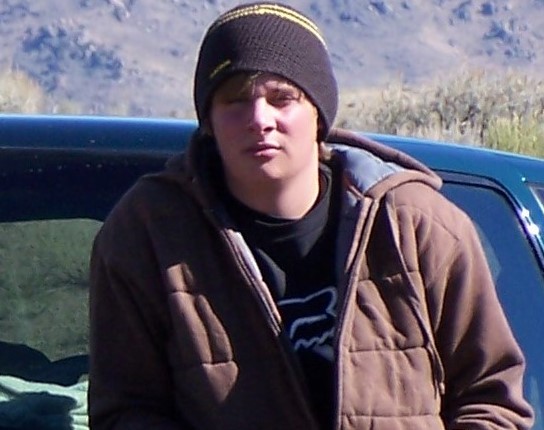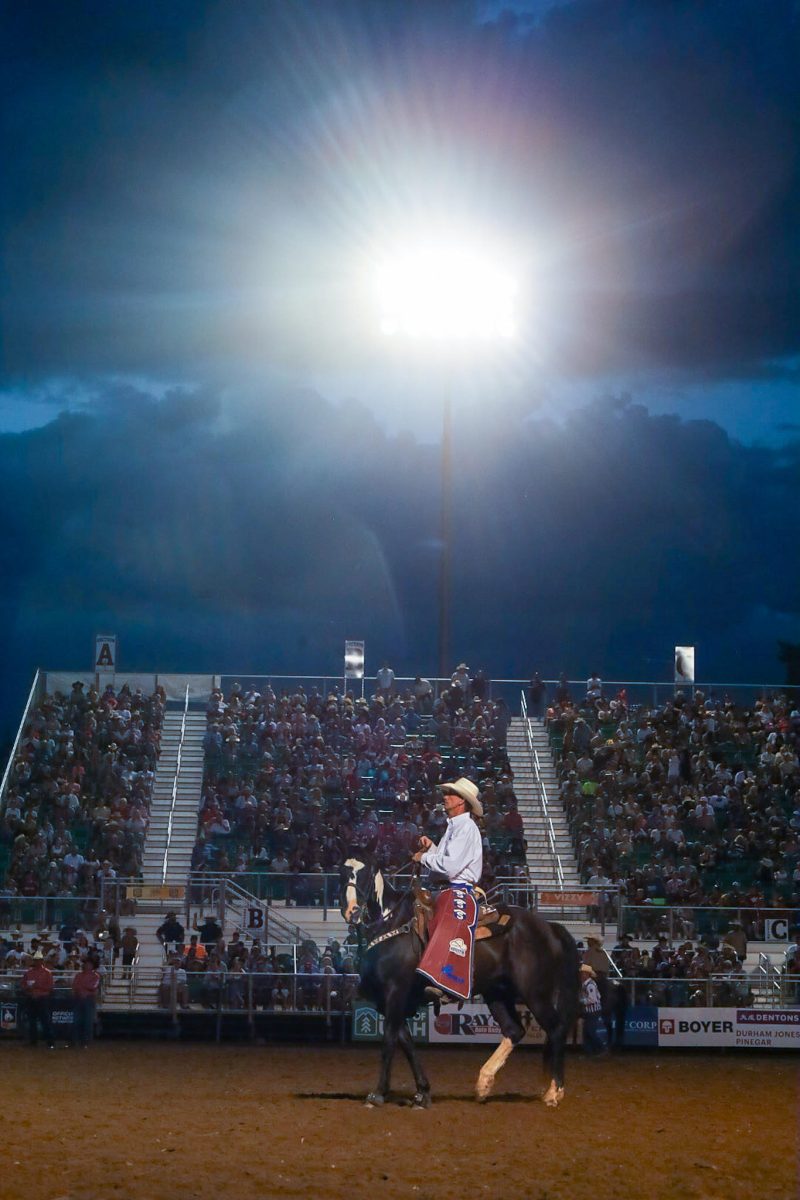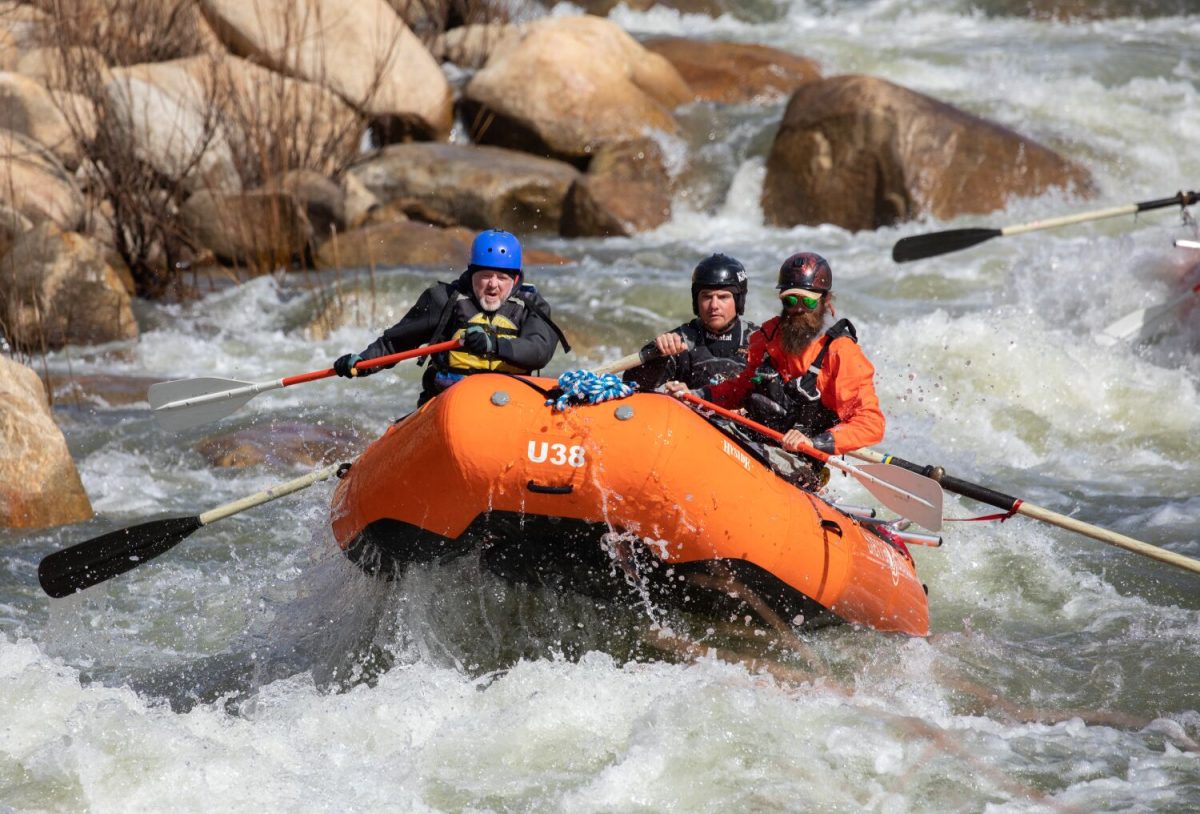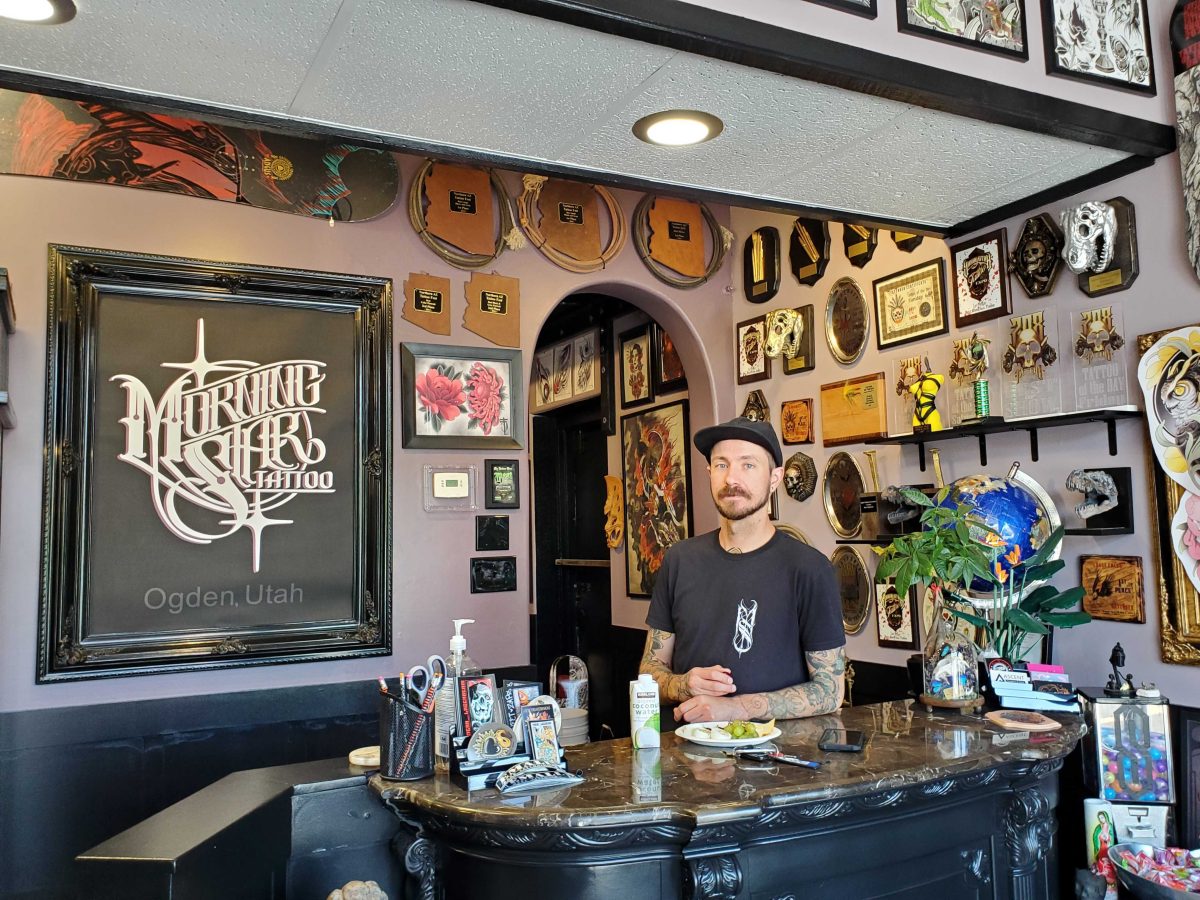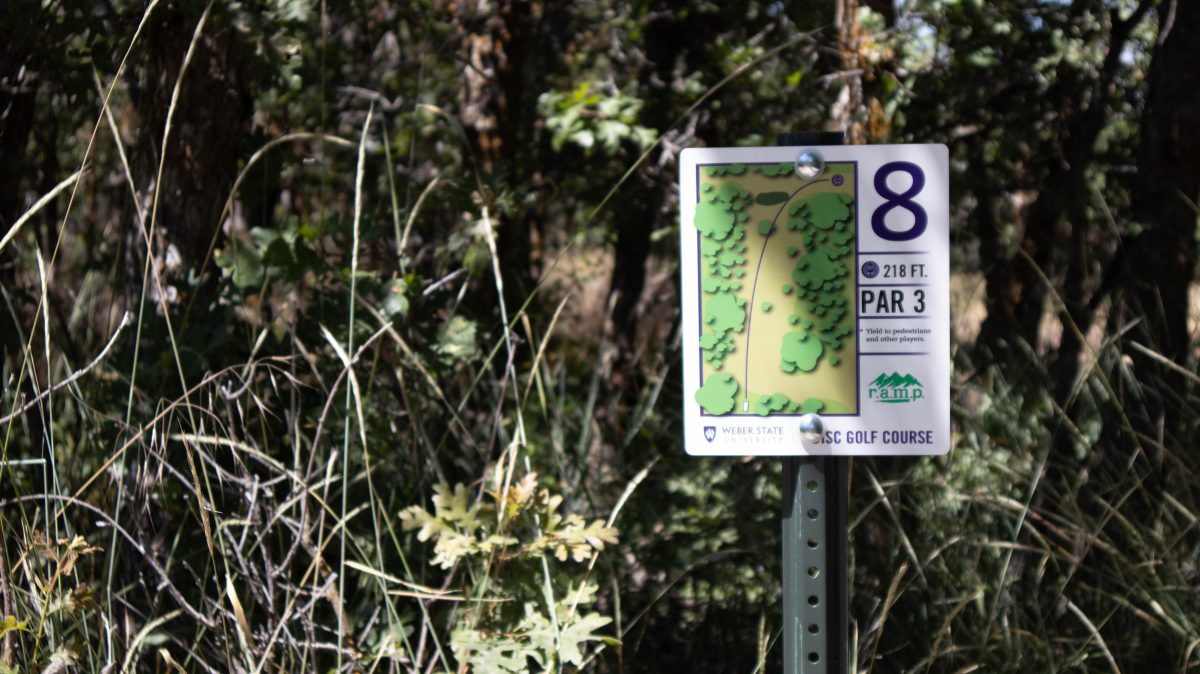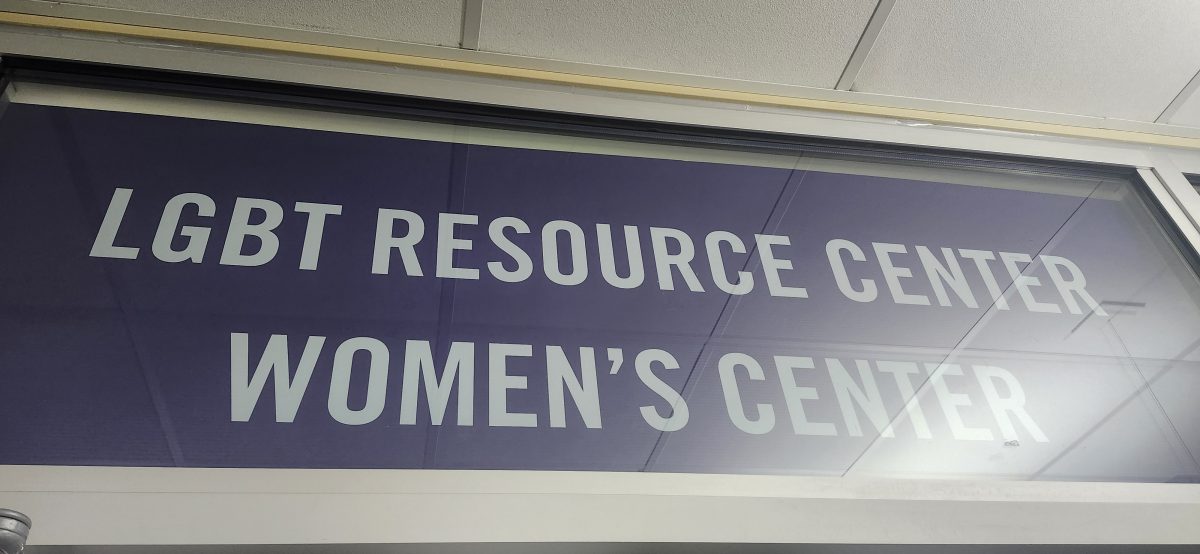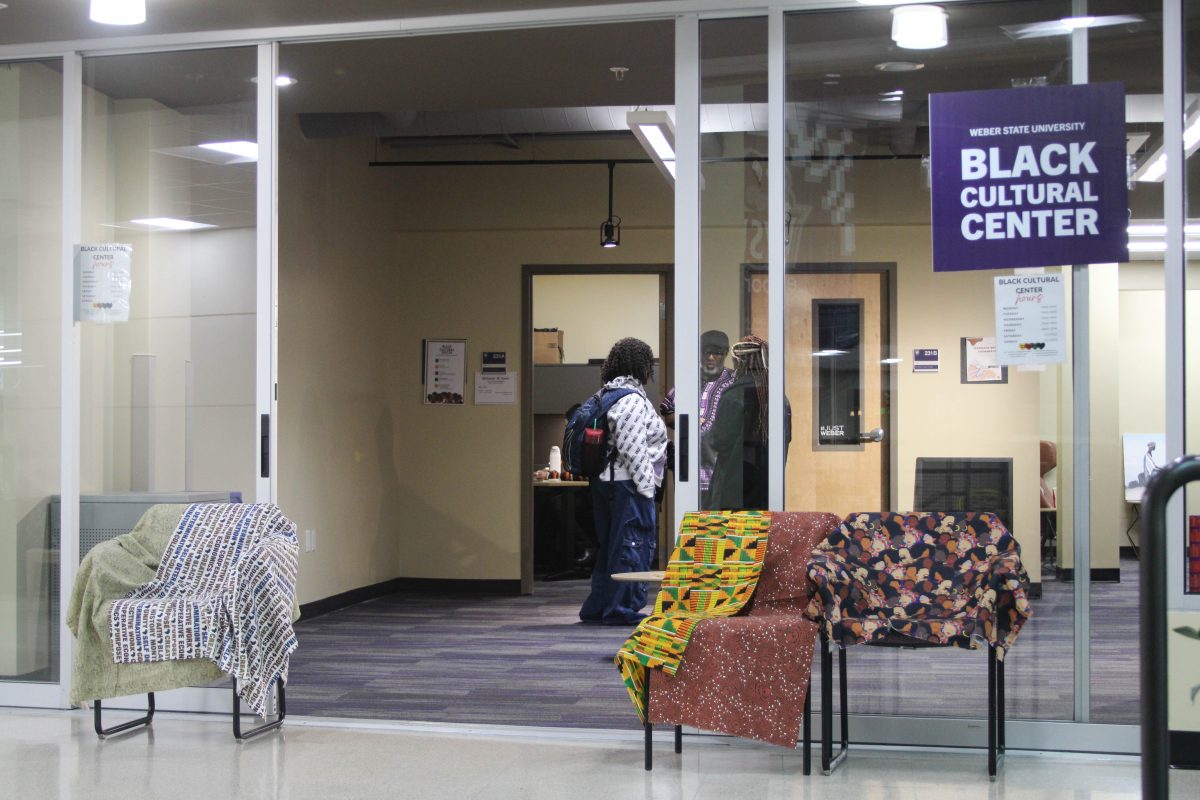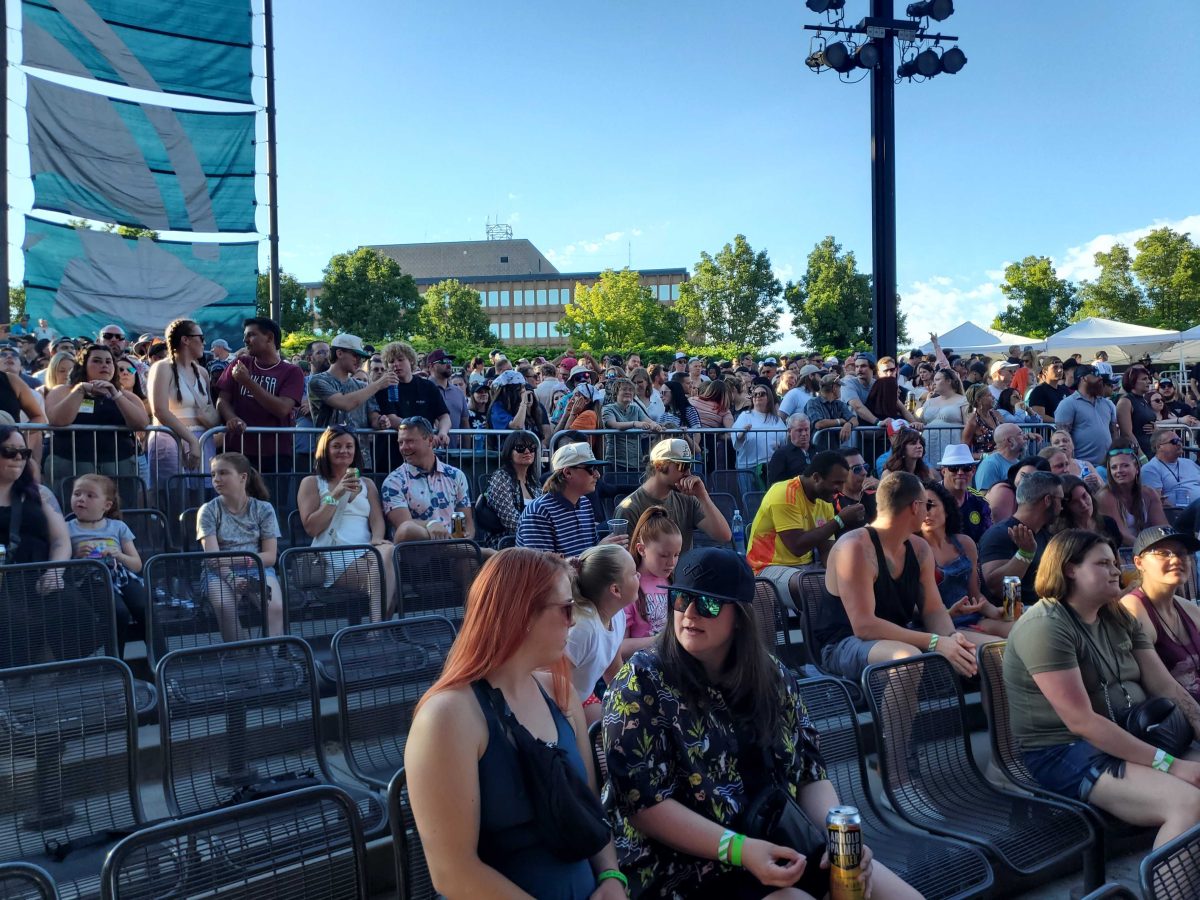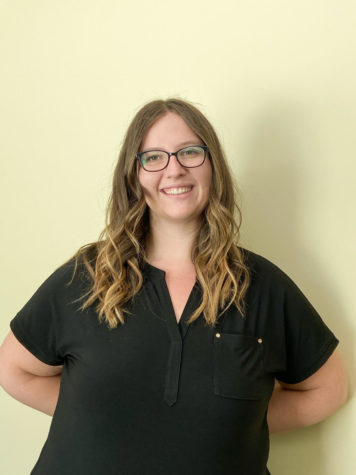Each year an average of 80 Utahns are murdered, many at the hands of their spouse or partner, leaving behind devastated families needing legal aid to protect their loved ones’ assets and seek justice against the killer.
Brandon Merrill is all too familiar with this grief. As the founder and director of Utah Homicide Survivors, he and his team work to provide legal services to the families who have experienced the unparalleled tragedy of losing a loved one to homicide.
“Their grief is continuous. It never gets better,” he said. ”You just learn to live with it. And the support that they need is so much more than people realize.”
The group has worked with over 200 families to support and guide them through the civil court system. This service is vital to families because the criminal court system only considers the crime itself, and not the financial or other legal obligations of the perpetrator.
This leaves grieving family members the daunting task of filing a case in the civil courts to settle issues regarding life insurance, victims compensation and delegation of shared assets or child custody agreements in the case of domestic violence homicides.
Since their founding in April 2019, Utah Homicide Survivors has recovered over $5.75 million in assets for these families across 160 different cases, according to the organization.
Their first step, Merrill said, is to find and freeze all the victim’s assets. This is especially true in cases of domestic violence homicides in which the killer stands to profit by taking sole ownership of things such as homes, cars, bank accounts and other property they may have shared ownership with the victim.
“We just try to make sure that nobody is profiting from it, really, and that the victim’s family are getting as much as possible, if not everything,” Merrill said.
Merrill said a majority of their cases are the result of domestic violence, which according to the National Coalition Against Domestic Violence, accounted for 22.7% of Utah homicides in 2020.
Domestic violence affects a third of Utah’s women and nearly a quarter of its men.
McKenzie Wood, a criminal justice assistant professor at Weber State University, said the dangers come from more than just those in abusive marriages or partnerships.
Domestic violence also can occur between partners who don’t live together or who have a purely sexual relationship. Wood said that oftentimes a bystander, law enforcement, a new partner or even a child may try to intervene and get caught in the crossfire.
Additionally, the risk of violence is increased by 1,000% when the abuser has access to a firearm, according to the NCADV. About 80 Utah children will witness the murder or attempted murder of their mother each year in Utah.
These cases in which children are involved are some of the hardest, according to Merrill.
“We have kids now that have lost both parents, the person who died and the person who killed the person that died,” Merrill said. “And so their whole world is pretty much shattered.”
Merrill’s organization also helps families through the adoption process in order to return children to safe and familiar homes where they can continue to process their grief.
Bekah Williams is no stranger to grief after the death of her sister, Lisa Williams, who was shot and killed by her boyfriend’s ex-wife in 2019.
Bekah Williams said her sister was “very caring and just giving. She was beautiful, so kind, funny. Just every good thing a person could be.”
Following the murder of her sister, Williams got connected with Utah Homicide Survivors, who supported her through the civil case to ensure her sister’s killer could not profit off her sister’s death.
“UHS really was the crutch I leaned on,” Williams said. “I have just the warmest regards and appreciation for them.”
Williams said she was thankful for how Merrill and his team set her expectations about the trial and what was to come after each step in the process. This straightforward information helped her to move forward with more knowledge about what was to come.
Williams said people with other resources were quick to make promises but ultimately disappointed her. She said it seemed like people were afraid of hurting her feelings so they over-promised instead.
“We’ve already gone through the worst thing imaginable,” Williams said. “The best thing that you could do right now is just be honest and manage expectations.”
Williams said Utah Homicide Survivors handled everything with kindness and compassion.
“They’re a phenomenal organization,” Williams said. “I just think Brandon and his organization are just, both of them, purpose-driven and truly doing so much good.”
In addition to no-cost legal services, the nonprofit also hosts the state’s only free therapy group for family members of homicide victims, according to therapy director Maria Blanchard.
“It is grief unlike any other,” Blanchard said.
Blanchard, who also worked as Utah County’s first victim advocate, said that beyond the lack of resources for these families, there is also a lack of training for how to use available resources and, above all, a lack of compassion.
Darcie Housley, whose 28-year-old son, Brian, was killed in a drive-by shooting in Ogden in 2017, said she felt the lack of compassion firsthand.
Housley said she had little to no communication from the police department in regards to the investigation into her son’s death. She said it was incredibly frustrating to have so many emails go unanswered.
Jamie Pitt, victim witness coordinator and homicide task force administrator at the Weber County attorney’s office, sees the frustration in victims’ families frequently.
Pitt, whose team is dedicated to helping the victims of families navigate the criminal court system, said she often feels like fighting for victims rights is an “uphill battle.”
“It’s just really frustrating most of the time that there’s nothing we can do,” Pitt said.
Even though victims rights are written into Utah law, the defendant’s rights are written into the U.S. Constitution, which typically takes precedence, she said.
Pitt said she tells victims’ families that “you do have rights, but the Constitution kind of trumps everything else.”
There is hope for victims’ rights, however, as Utah will be establishing a Victim Services Commission to examine and strengthen Utah’s Victim Services, according to Merrill.
The big problem, however, is funding.
The Crime Victims Fund, which provides federal support to programs that assist victims of crime, has been diminishing in recent years.
Utah Homicide Survivors has also been impacted by the loss of federal funds. Merrill said that during their founding in 2019, they were getting about $280,000 per year, but that has dropped by half to around $140,000.
In 2021 President Joe Biden signed into law the VOCA Fix Act, which reinstated billions of dollars in victim services.
Merrill said getting the money to victims will take time. Until the funds start flowing again, his organization will continue to rely on other government grants and private donations to keep going.
Merrill hopes that if funding can increase, Utah Homicide Survivors will expand its team, currently consisting of three full-time and five part-time employees in total, to grow their capacity for helping families affected by homicides.
Anyone interested in learning more or in supporting Utah Homicide Survivors can visit their website to find out about upcoming events and other ways to help.



